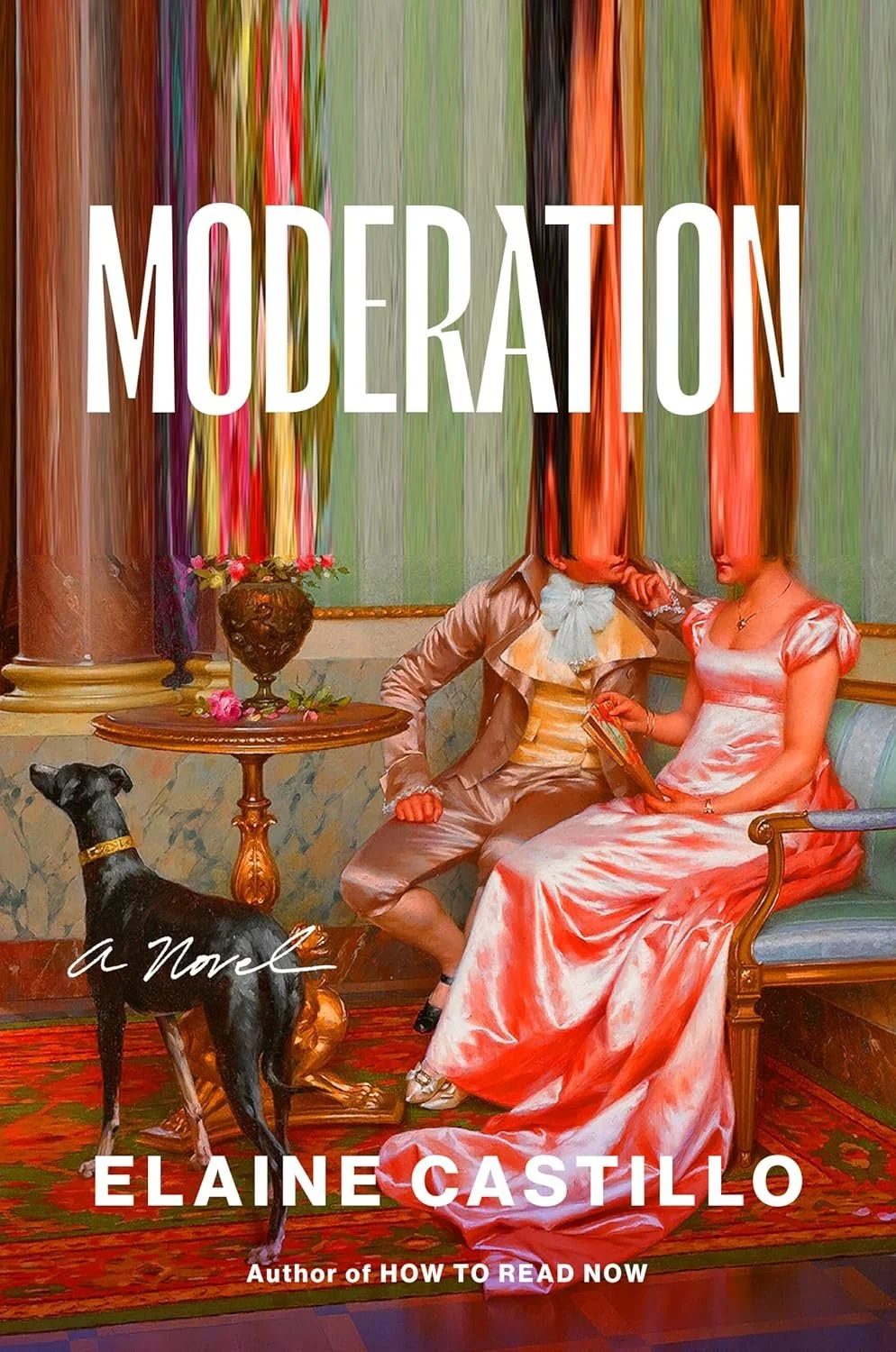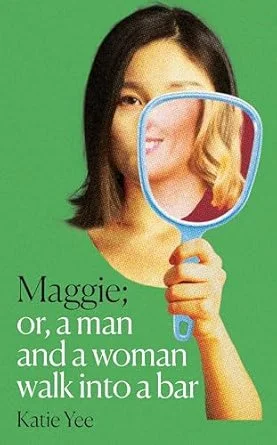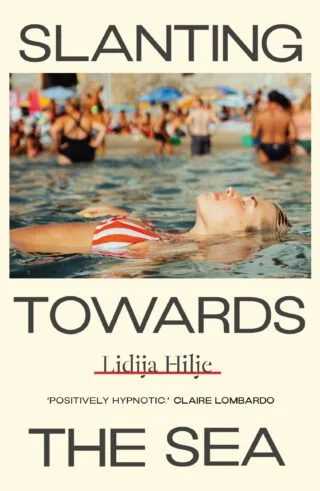An Odyssey into Greek Mythology with Natalie Haynes
‘If you want to understand what it is to be human, there are much worse places to begin than Greek myth.’
For those who haven’t read many Greek myths or retellings of ancient mythology, could you give our readers an overview of the texts and sources we have and also perhaps your view on the recent growing interest in Greek mythology in the publishing industry in the UK particularly?
So, Ancient Greece is about 2000 years long. This is the bit that people always don’t know – I think it seems like it goes, Ancient Egypt, Ancient Greece, Ancient Rome, and then William the Conqueror, but that’s not really what happened, obviously. It starts in the Bronze Age, which is when most of these myths are set, although it’s a bit hard to date myths that only contain gods because obviously, they don’t age, so that makes things a little bit trickier… But generally, we place the Trojan War at the 12th-13th century BC, so around three thousand years ago; that’s the heroic age of Greek myth. Before that, were times when gods and monsters existed. We probably know that Oedipus answered the Riddle of the Sphinx, or that Perseus, a monster, decapitated Medusa, a hero, for example.
We have lots of different sources; our earliest is probably Homer, or the two poems that we attribute to Homer - The Iliad and The Odyssey, which, in the case of The Iliad, tells the story of two months in the final year of the Trojan War and, in the case of The Odyssey, tells the story of the ten-year journey home from the Trojan War. We also have things like Hesiod’s Theogony, which is roughly contemporary with Homer, and he tells the story of the beginning of time, and the birth of the gods. So, gods, monsters, heroes, heroines, battles – I mean it’s pretty much got it all. It’s a much more accessible sort of myth. I think that’s the reason why Greek myth is so resonant through history in a way that other myth cycles are maybe less prevalent. Human beings are very central to Greek myth and, even when it’s just gods before there are humans, they still behave in a really human way so, it’s a very anthropomorphic or anthropocentric way of looking at the world. I think the reason that they’re very popular today is because they focus our attention on things on a very human level; gods have very human emotions in Greek myths, and there are profound psychological ramifications for all kinds of the conflicts that we see in these myths, and that was obviously recognised by psychotherapy very early on. Freud, famously a huge fan of Greek myth, as a sort of explainer. It’s also partly because classical reception over the last couple of hundred years has tended to mean that people with privilege in European and North American traditions have tended to study Latin and Greek. And perhaps, if they’d all been studying Old Norse, we would have a different way of looking at things. But luckily for me, because I started Latin at 11 and Greek at 14, it worked out.
You’ve written both non-fiction and fiction work that are centred around Greek mythology - could you talk a little bit about the differences between the process of writing these two different types of books? I was also wondering whether or not you feel closer to the fictionalised tales, where there is more of your own voice and creativity in them?
Yeah, it’s weird, isn’t it? I feel exactly the same way. And yet, theoretically, you’d think that the non-fiction would have more of me in it because it’s all written in my voice. But, yes, you’re entirely right. The novels are emotionally ruinous to write, and that’s why I alternate between writing novels and non-fiction. I recover with a nice non-fiction book essentially, where I get to do some research and then tell you all the cool things I found out. And that is what allows me to then go deep into, for example, experiences of women who lose their city in a war and are then enslaved, or the experience of a young woman who is first sexually assaulted, and then physically assaulted, and then decapitated by someone different again. They are quite upsetting stories, at least the ones I choose are. So, Pandora’s Jar was basically my sort of ‘feel better book’ after writing A Thousand Ships, and Divine Might was my recovery book after writing Stone Blind, so now the plan is that I can do another novel.
That’s good to hear, that there’s another novel coming! Could you tell us what that will be about?
I haven’t started yet, but it’s going to be about Medea, so I’m going to swap a series of assaults for child murder. So really, it’s hard to see how this is going to be a happier process… But, you know, we’ll work it out.
In the novels particularly, your characterisation and the relationships you build are so human-centric and incredibly moving, which I think makes it so easy for modern readers to become totally engrossed into the story, even if they don’t have much (or any!) knowledge of the ancient texts.
I think you’re right, and I don’t think they require, or at least they shouldn’t require, any prior knowledge. And I think sometimes people feel that they’re sort of not equal to learning Classics, usually because of something they were told at school – that they weren’t put in the top set, so they weren’t allowed to do Latin, even though Latin is much easier, in my view, than French for example. Not least because you don’t have to speak it, and English people tend to be really shy about speaking other languages; not all English people, but lots. Greek, I admit, is hard, but Latin isn’t, and so, what you get, I think, is the sense of it being withheld. And, to a large extent that’s true. Ancient language teaching in this country is largely in the private sector, so that’s just 7% of students, and there’s a sense therefore that it belongs to an elite. But of course, that’s not the case, this is all our history. This is all our cultural background and, if we don’t have access to it at school, which the vast majority of students don’t – in spite of some amazing teachers making the effort to teach in lunch times and after school because they are passionate about Classics – I think it’s really easy to believe that you’re not good enough for Classics.
And actually, that is entirely the responsibility of the people who are gatekeeping it in my view. But, for example, there’s a huge audience for my Radio 4 show, ‘Stands Up for the Classics’ – we get about 1.6 million listeners each episode. Now, you could argue that that’s just the Radio 4 numbers because people have it on like wallpaper, but it’s been downloaded as a podcast more than three million times, so there is obviously a huge audience for Classics, and I think, in a way, it’s because we’re having to make up for the things people missed out on when they were at school. I’m fiercely conscious of the fact that I was incredibly lucky to get to study the languages, in particular when I was young enough to find them relatively easy - well, easier than I would find them now, for sure. And I think it’s lovely to be able to give Classics to people who didn’t have that same stroke of luck.
…
Read the full interview in the Mythology Issue
Editorial Picks




